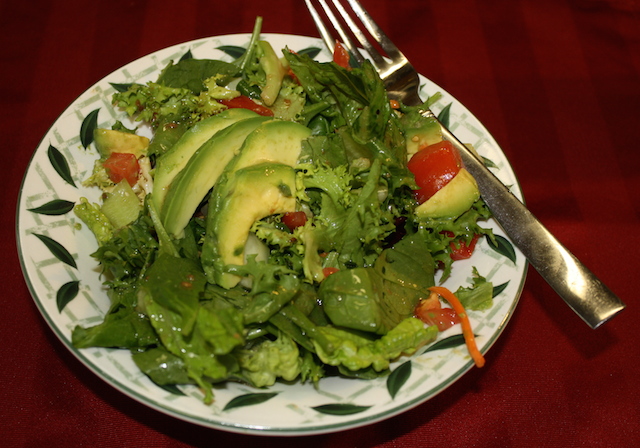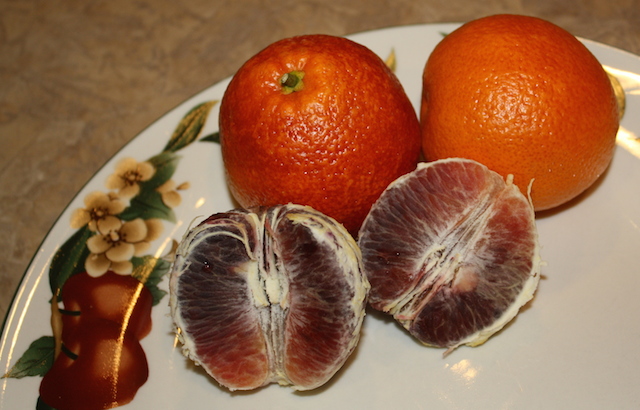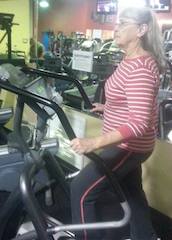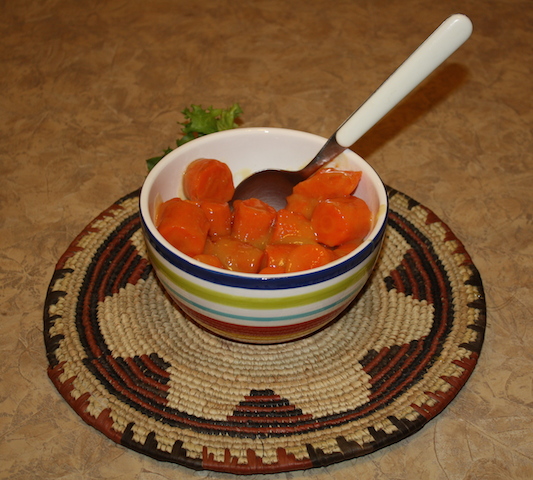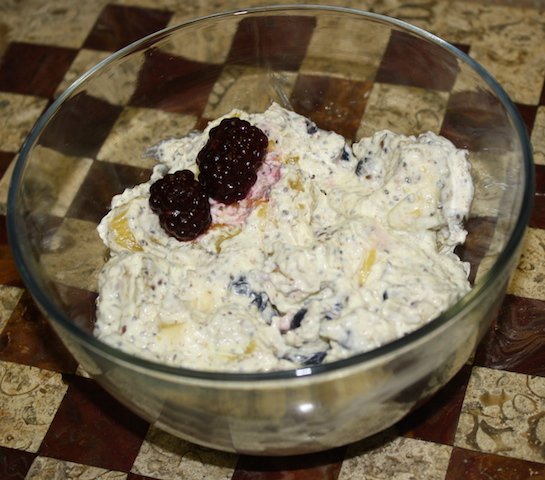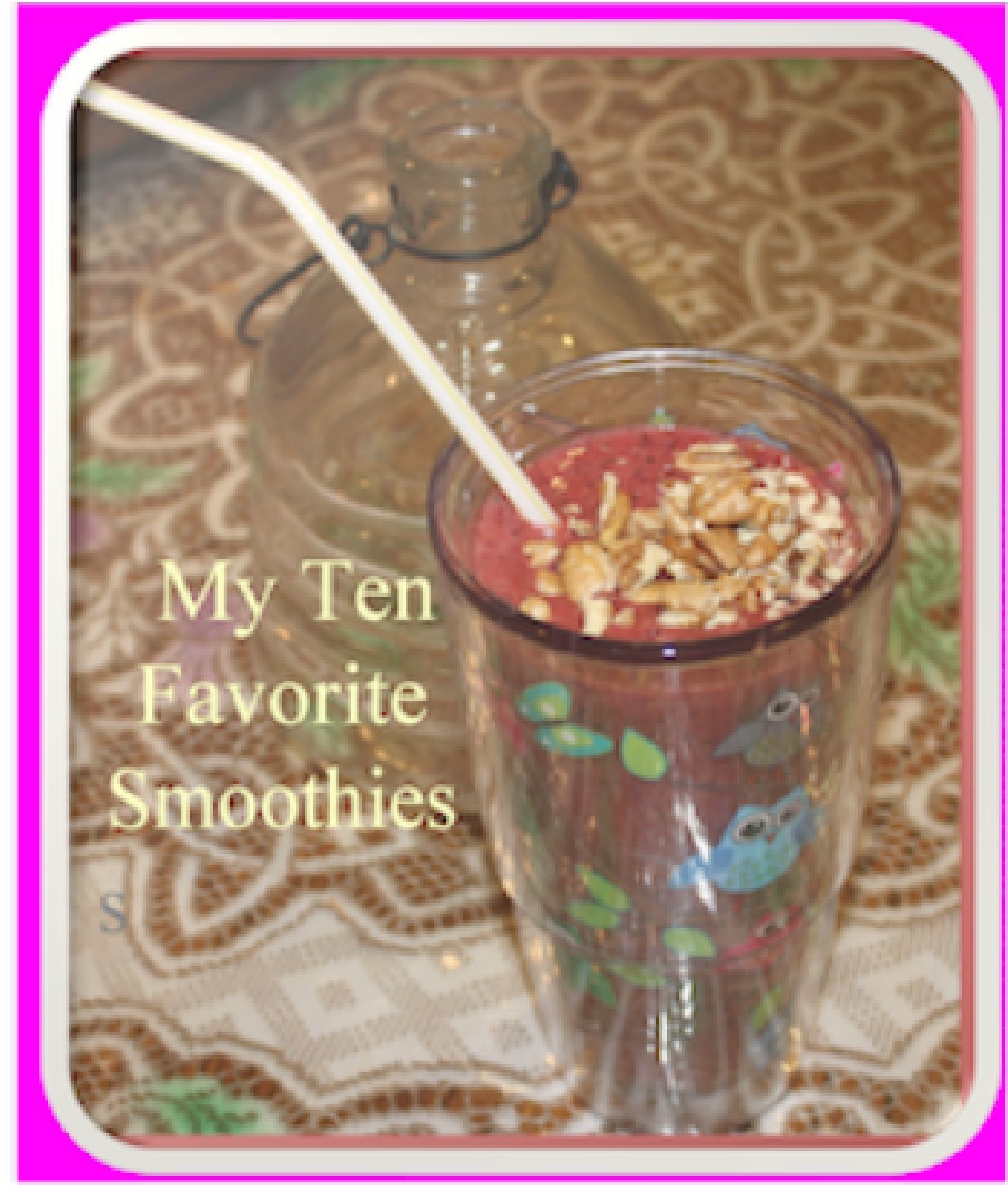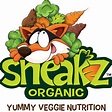cholesterol affects bone health
avocados, leafy greens and tomatoes make a salad full of beneficial potassium
cholesterol affects bone health
As I studied how to lower cholesterol I was very interested to learn that high cholesterol affects bone health. Elevated cholesterol could very well be one causal factor in bone loss. From the Duke University website, I learned that research has shown that high cholesterol blocks formation of new bone cells and encourages breaking down of bones. The author of the article recommends statin drugs to prevent this. Since I don't take statin drugs and don't want to take them, I am now wondering if diet and exercise might be useful in solving this problem. If you can lower your cholesterol with diet and exercise surely bone density will improve also.
Osteopenia and osteoporosis
Cholesterol affects bone health
I have had osteopenia for at least ten years. It does not seem to be getting worse, but I think while I am dieting to lower my cholesterol, I could just be saving my bones. If cholesterol affects bone health, then that might be part of the cause for my osteopenia. I think next time I have my cholesterol checked, I should also get a bone density check to see if my diet has improved my bone density. In theory it seems like it would work. Remember that having osteopenia doesn't mean you will get osteoporosis.
That being said, Web MD has an article which says the three things we take into our body that have a detrimental effect on our bones are salt, soda and caffeine. While I have talked on my site about reasons for not having soft drinks while lowering cholesterol, we have not discussed salt or caffeine.
Years ago, I had a breast exam and learned that I had fibrocystic breasts. The doctor put me on a breast health diet. Yes, I know, there seems to be a diet for just about everything these days. The diet consisted of large doses of vitamin E. no salt, and no caffeine at all. The doctor said I should not even take some over the counter pain medicines as they contained caffeine. I did this for three months, then had another exam. The fibroids were all gone. It is one more example to me that what we take into our bodies can affect our health.
potassium for healthy bones
Elizabeth Ward, MS, RD said that 75% of the sodium people take in comes from processed food. If we limit our consumption of processed foods, we will be able to retain more of the calcium in our bones.
Potassium may also help retain bone calcium so be sure to eat plenty of potassium rich foods such as leafy greens, bananas, and avocados.
Supplements for strong bones
A good calcium supplement is still beneficial for healthy bone growth, and vitamin D should be taken. A nice walk in the sunshine is good for bone health. If cholesterol affects bone health, we should be very careful to do everything possible to improve our cholesterol by eating and drinking healthy food and beverages.
You should always consult your doctor when you undertake a new exercise program. He will also be able to tell you the correct amounts of calcium and vitamin D to take.
Improve bone health with:
- flaxseed has been shown to improve bone health if a tablespoon is taken daily for a year
- almonds
- calcium and vitamin D supplements
- vegetables containing calcium such as broccoli, collard greens and chinese cabbage
- canned sardines and salmon with bones and fresh fatty fish
- fruits high in potassium like papaya, bananas and tomatoes
- dairy products
- weight bearing exercise - exercise every day for strong bones
Stay away from these for strong bones:
- alcohol
- soft drinks
- coffee and tea - caffeine
- smoking
- excess sodium
Stay away from these if you have low bone density or want to maintain healthy bones.
Milk or no milk
We've heard it for years. Even moms in the fifties knew that milk was good for children's bones. They forced us to drink it. Some of us needed chocolate to get through that glass of milk. So, I have researched where you might get that calcium instead of milk. Here is a list of substitutes:
- roasted sesame seeds - about 35% of your recommended daily allowance in 1/4 cup
- almonds - about 70mg in 23 almonds
- steamed broccoli - 62 mg in a cup
- 2 c cottage cheese - 69 mg in 1/2 cup
- 4 oz salmon with bones - 83 mg in 100g
- kale - 45 mg in 1/2 cup
- collards - 110 mg in 1/2 cup
- mustard greens - 52 mg in 1/2 cup
- turnip greens - 99 mg in 1/2 cup
- lentils - 29 mg in 1/2 cup
- sardines - 242 mg for 4
Some other foods to choose for more calcium include artichokes, oranges, figs, molasses, chickpeas.
Click on the pictures to visit the pages.
